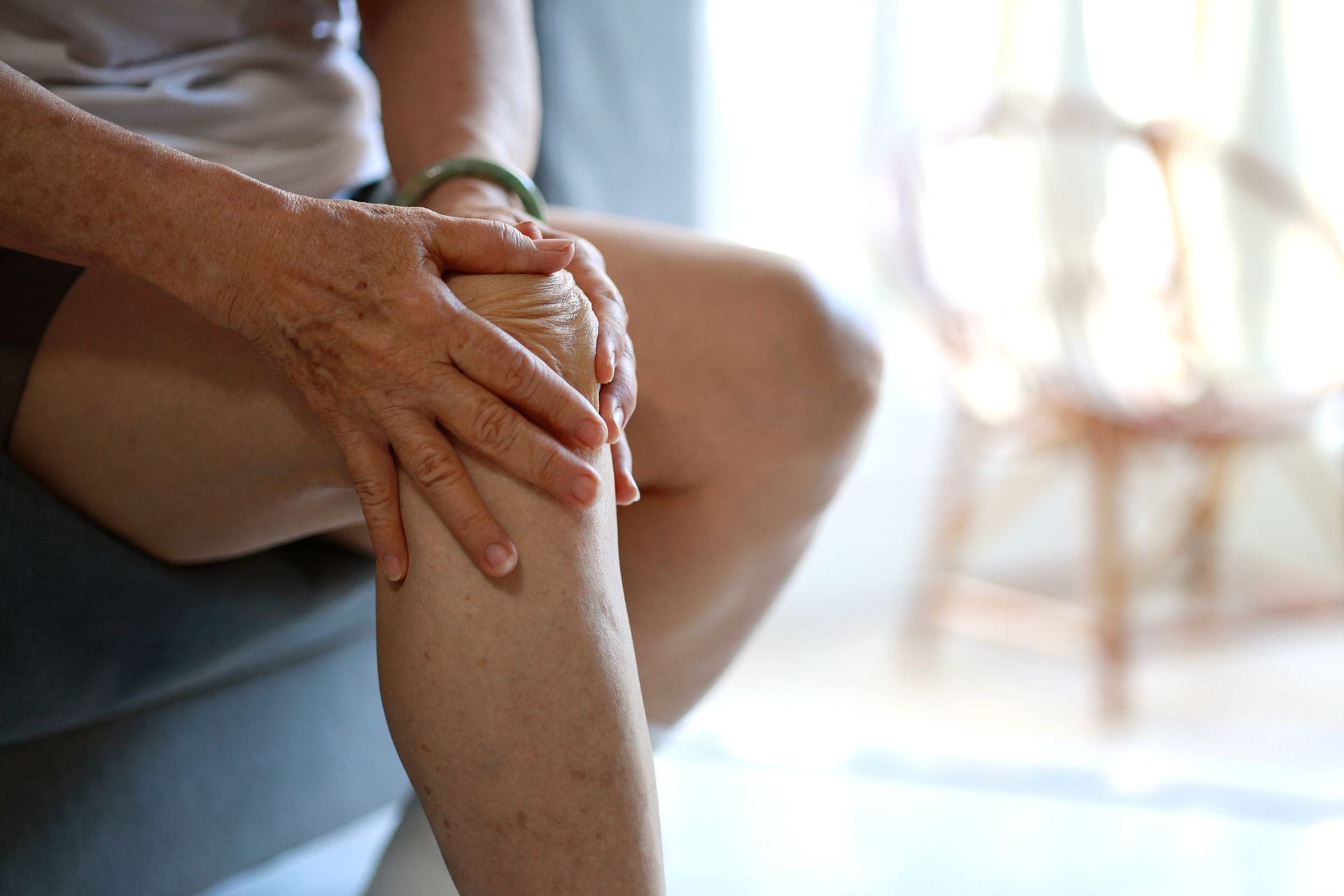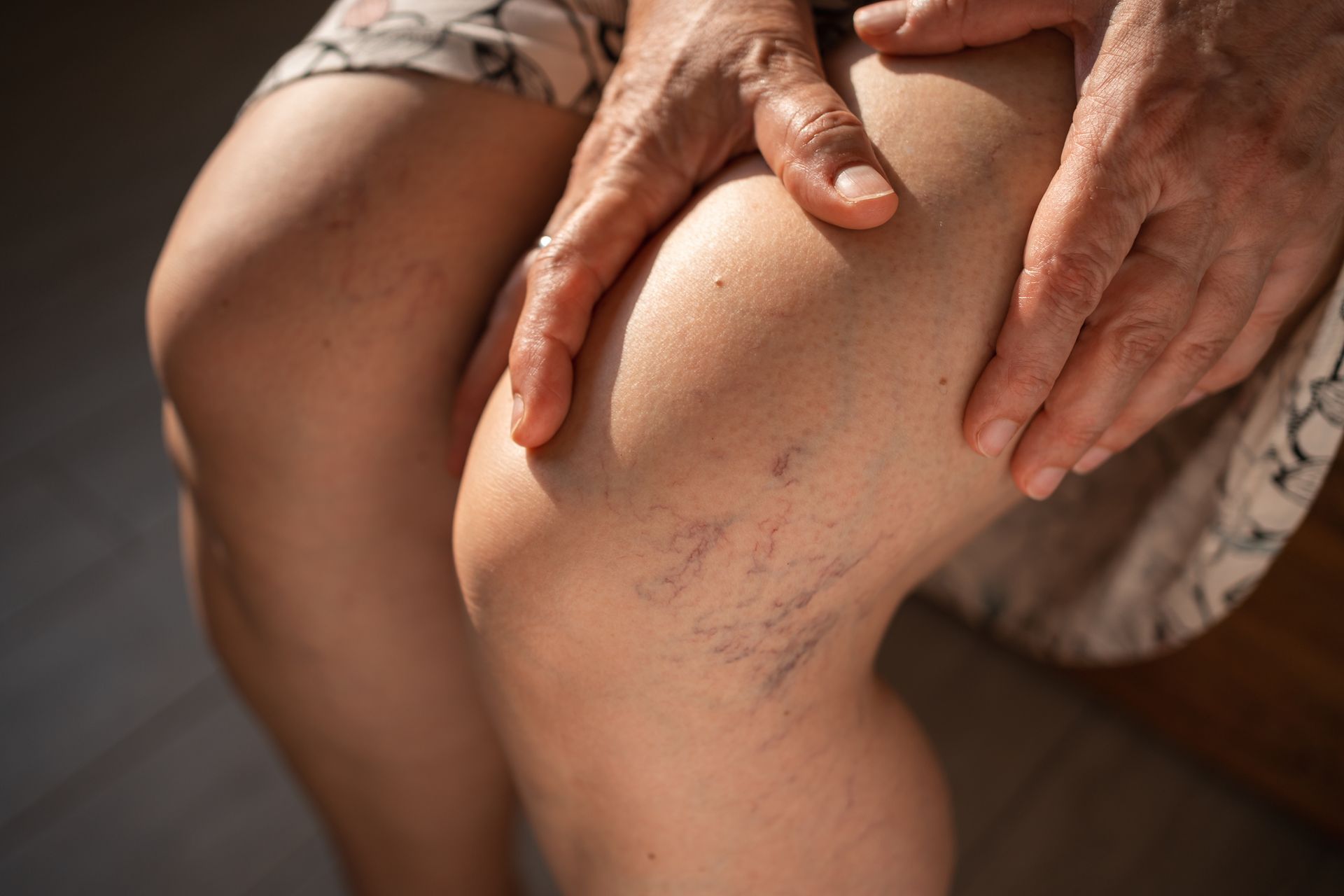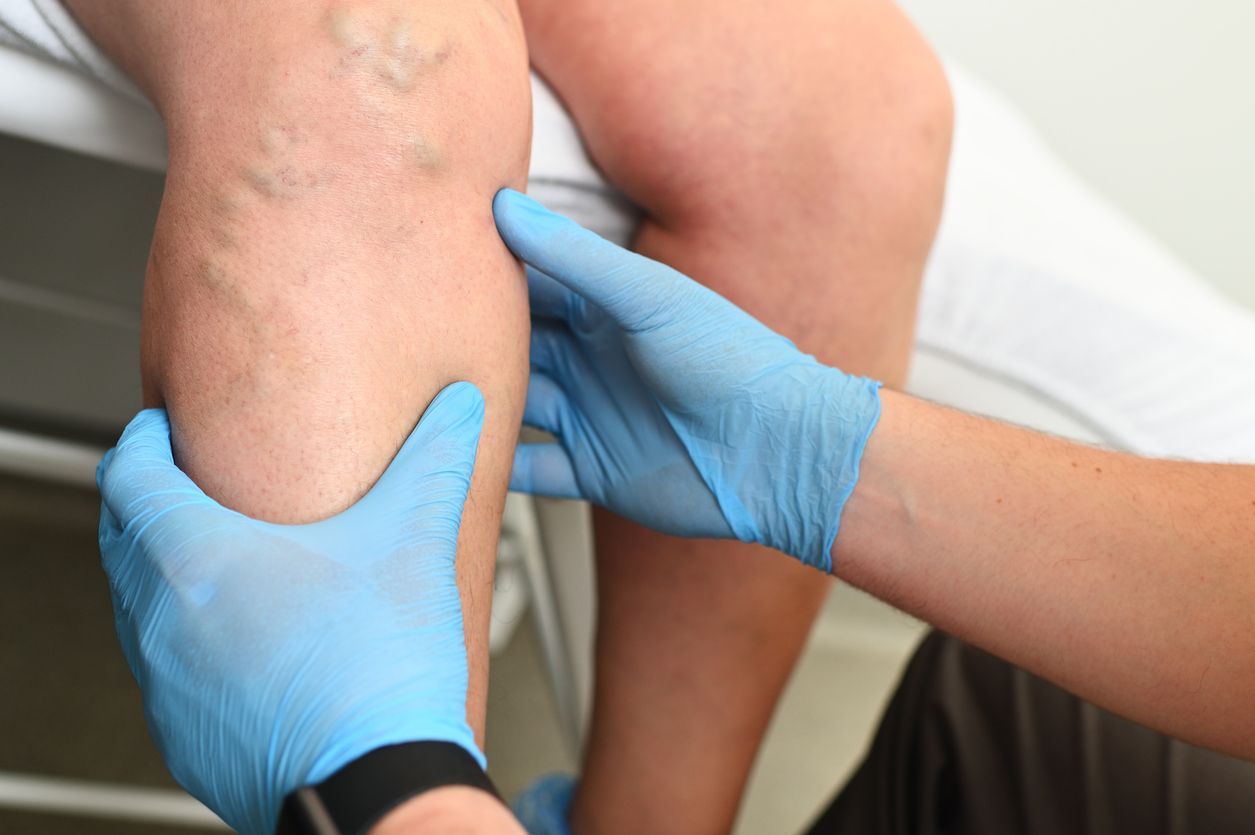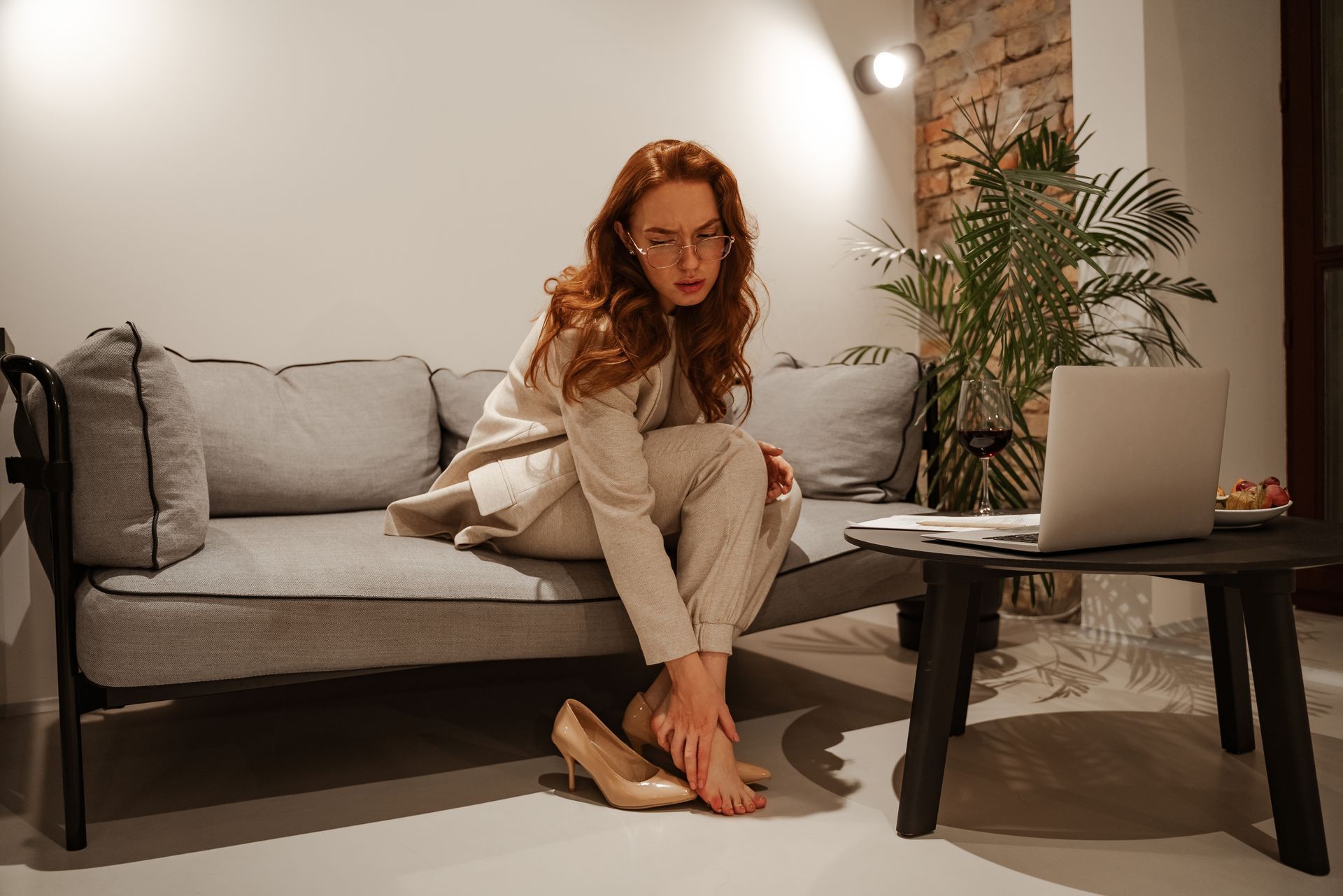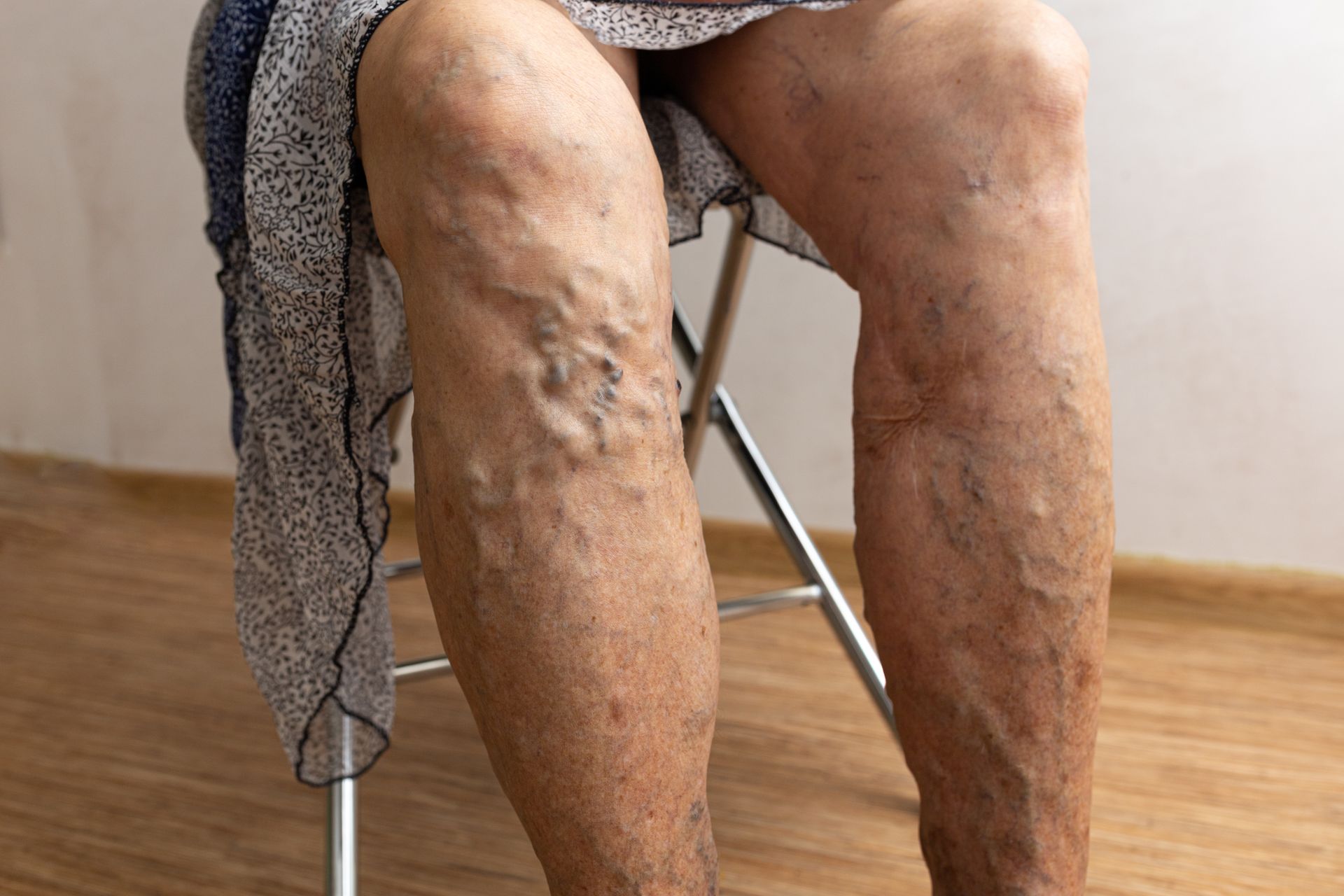Vein Health and Genetics: Are Varicose Veins in Your Family?
Vein Health and Genetics: Are Varicose Veins in Your Family?
If your parents or grandparents had bulging, twisted veins in their legs, you might be wondering: “Are varicose veins hereditary?” The short answer is: yes, genetics can play a significant role in your vein health. But the good news? There are steps you can take to prevent or manage them—especially if you know you’re at risk.
At The Vein Institute in Chattanooga, TN, we often see patients with a strong family history of vein issues. Understanding how your genetics affect your veins is the first step toward protecting your leg health long-term.
What Are Varicose Veins, Exactly?
Varicose veins are enlarged, twisted veins that usually appear on the legs and feet. They form when the valves inside your veins weaken or fail, allowing blood to flow backward and pool. This pressure causes veins to stretch, bulge, and become more visible under the skin.
They can cause symptoms like:
- Aching, heavy legs
- Swelling in the ankles or calves
- Itching or burning around the veins
- Restlessness or cramping at night
- Skin discoloration or ulcers in severe cases
Is Vein Disease Hereditary?
Yes—vein health often runs in families. In fact, if one of your parents had varicose veins, your risk increases by about 40–50%. If both parents had them, that risk jumps to over 80%.
How Genetics Influence Veins:
- Weakened vein walls: Some people are born with thinner, more elastic vein walls that stretch more easily.
- Faulty vein valves: Others may inherit valves that don’t close properly, leading to backward blood flow.
- Hormonal sensitivity: Hormone-related factors (especially estrogen) can also affect vein health, which is why women are more prone to varicose veins—especially during pregnancy.
Other Risk Factors (Besides Genetics)
While family history is important, it’s not the only factor. Lifestyle and medical conditions also contribute, including:
- Prolonged standing or sitting
- Pregnancy
- Obesity or weight gain
- Age (risk increases over time)
- Lack of physical activity
- Smoking
Even if your genetics put you at higher risk, these environmental factors often determine whether—or when—varicose veins appear.
Can You Prevent Varicose Veins If They Run in Your Family?
Yes—genetics are not destiny. While you can’t change your DNA, you can protect your veins by supporting healthy circulation and reducing strain on your legs.
Proactive Steps You Can Take:
- Stay active: Walking, biking, and swimming promote strong circulation.
- Elevate your legs: Especially after long days on your feet.
- Wear compression stockings: These help prevent blood from pooling in your legs.
- Maintain a healthy weight: Less pressure on your leg veins.
- Avoid sitting or standing too long: Move every 30 minutes if possible.
- Eat a vein-friendly diet: High in fiber, low in salt, rich in antioxidants (like berries, leafy greens, and citrus).
Even small daily habits can make a difference—especially if you’re genetically predisposed.
When to See a Vein Specialist
If you start noticing symptoms like leg swelling, visible veins, or fatigue, early intervention can prevent progression. At The Vein Institute, we offer advanced, minimally invasive treatments that require little to no downtime, including:
- Endovenous Laser Therapy (EVLT)
- Radiofrequency Ablation (RFA)
- Ultrasound-guided Sclerotherapy
- VenaSeal™ Closure System
We also provide thorough vein evaluations using ultrasound diagnostics to detect vein issues before they become more serious.
Your Family History Doesn’t Have to Define Your Future
Just because varicose veins run in your family doesn’t mean you have to live with them. At The Vein Institute, our Chattanooga-based team helps patients understand their personal risk and take control of their vein health with custom treatment and prevention plans.
✅ Concerned About Your Family History?
We’re here to help. Schedule a vein screening or consultation today—your legs will thank you.
📍 Serving Chattanooga, Cleveland, and surrounding East Tennessee communities
📞 Call us at
(423) 403-3884 or Book Online
